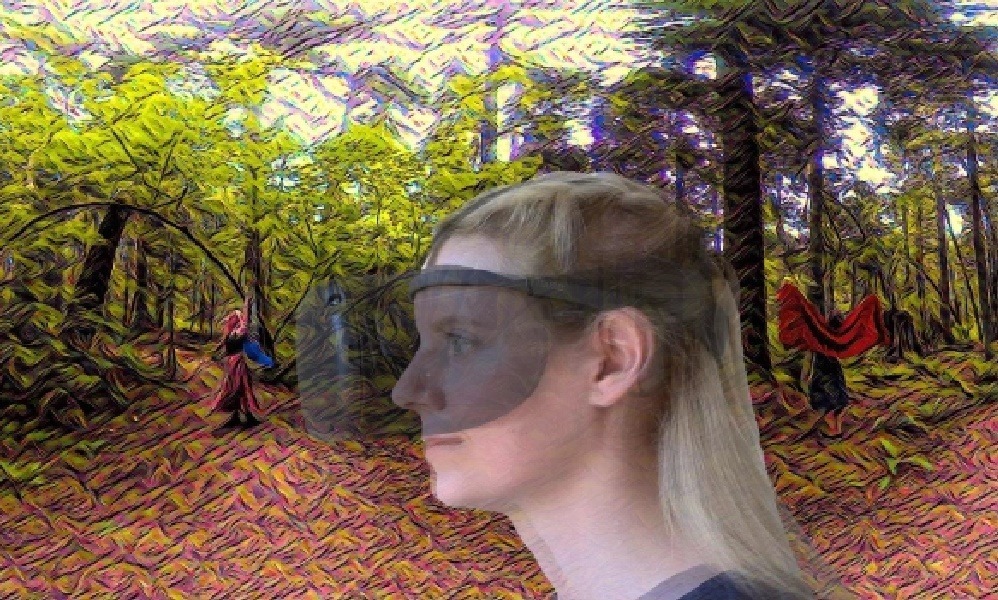Lucid dreaming (LD) is an exciting experience with many advantages. However, not everyone experiences it as often as they would like. To help matters, a group of scientists from Canada (Kitson, Muntean, DiPaola, and Riecke) have presented Lucid Loop, a virtual reality technology that simulates the space of lucid dreams. The system was tested by nine experienced lucid dreamers who determined how much this experiment corresponded to real LD.
As the researchers note, lucid dreams and VR have a lot in common. In both cases, the person is immersed in a virtual world while being aware that this is a simulation. At the same time, any event experienced in the virtual space has an impact on the person’s psychology and behavior in reality. All the experienced emotions and any knowledge gained also remain with the practitioner in their waking life.
The experiment took place in a room measuring 3m x 3m, so that participants could move about freely. The researchers put the necessary equipment on the participants’ heads, and then demonstrated a specially created 360-video in 3D format. The picture consisted of the image of people in a forest.
In general, the participants assessed the experience positively, calling it “very interesting.” They compared the experiment with the movie The Matrix, taking psychedelics, and meditation. However, they added that they could not influence the environment and communicate with the virtual characters, which is possible in LD. They also did not see their own body and, for many lucid dreamers, seeing their own hands are a trigger for awareness. In addition, lucid dreamers often experience a whole complex of sensations in LD (smell, taste, touch, temperature, etc.), rather than just sight and sound.
What do you think: how soon will VR technologies catch up with lucid dreams in terms of the range of sensations and possibilities?
The work was presented at the Designing Interactive Systems Conference in June 2022.
Get all the latest news about lucid dreams via our channels on Telegram, Instagram, Facebook




